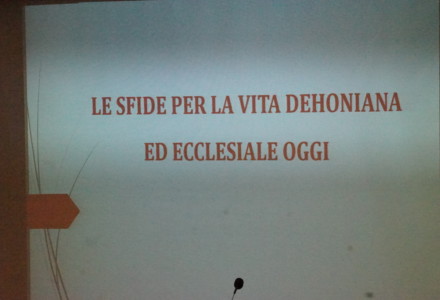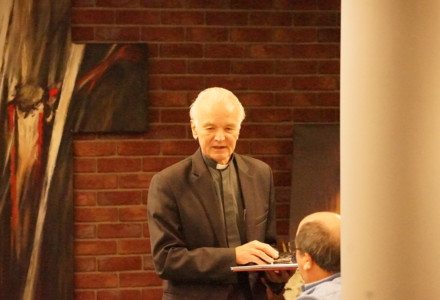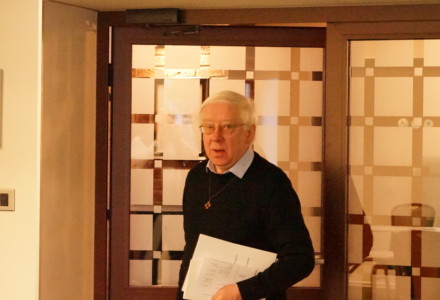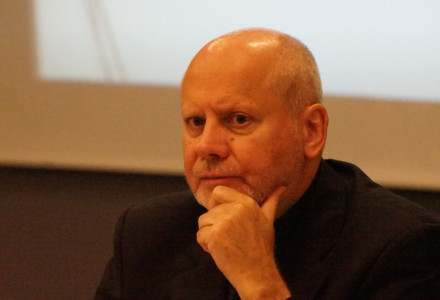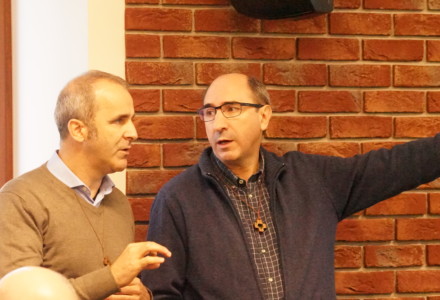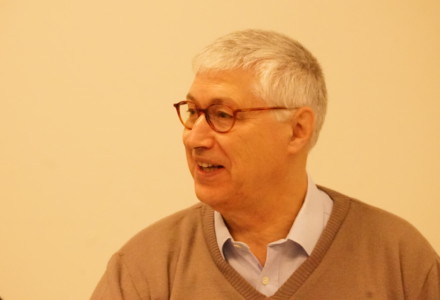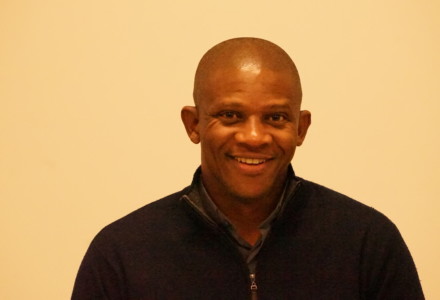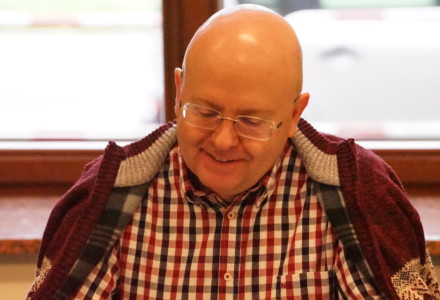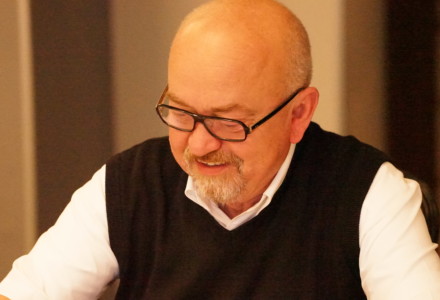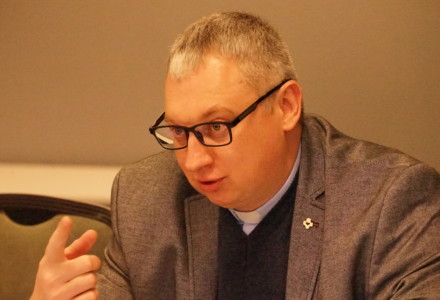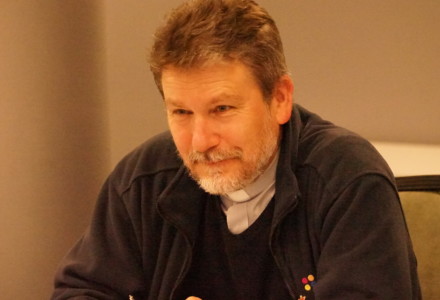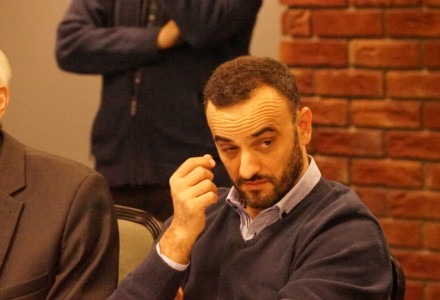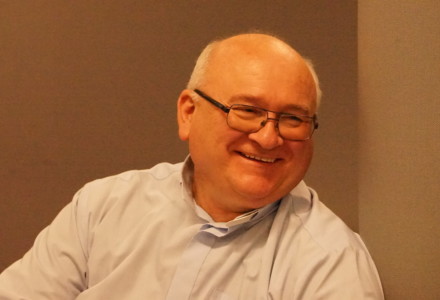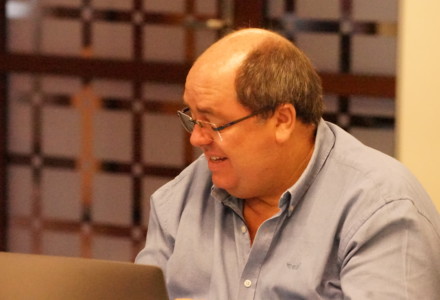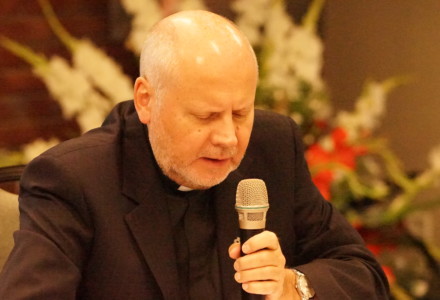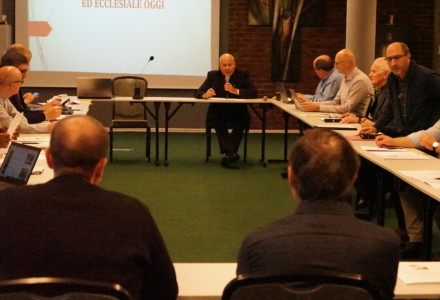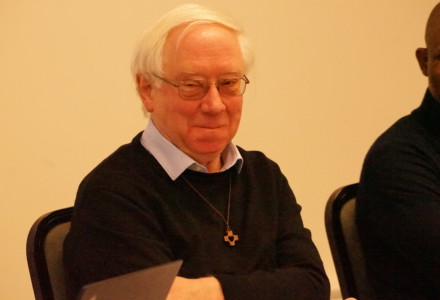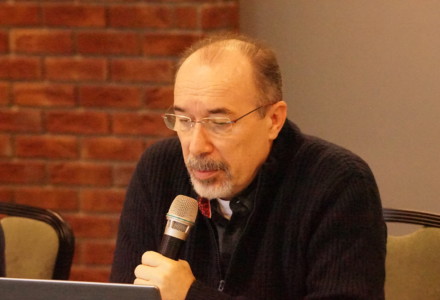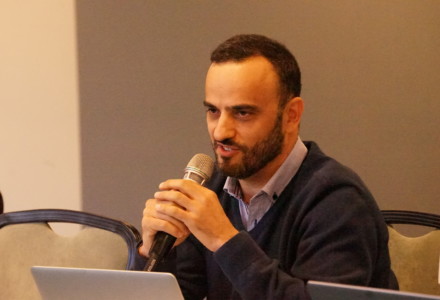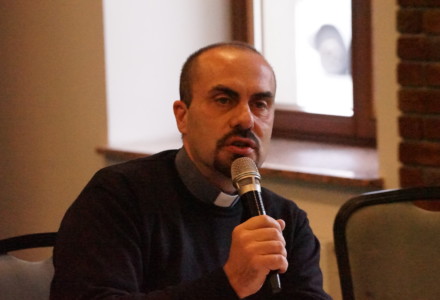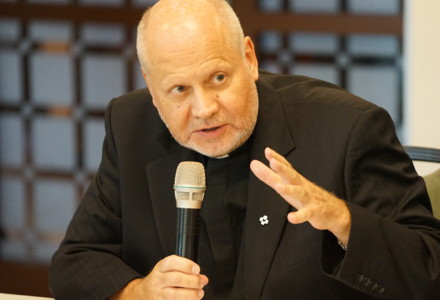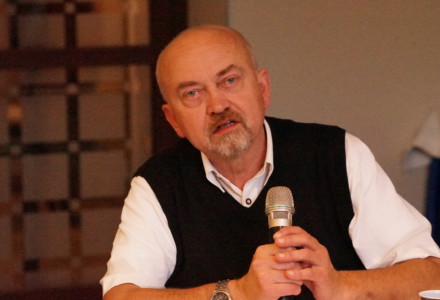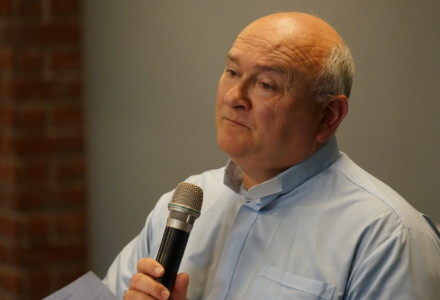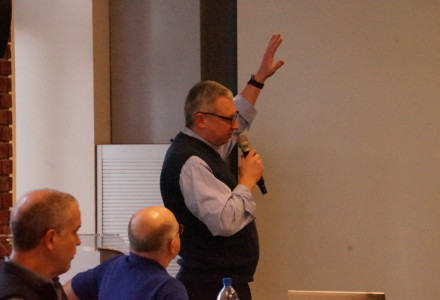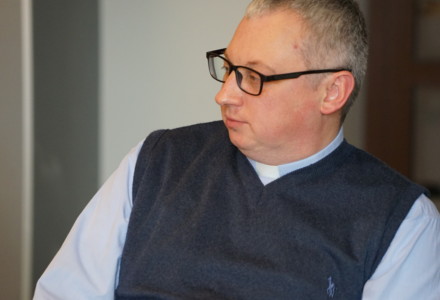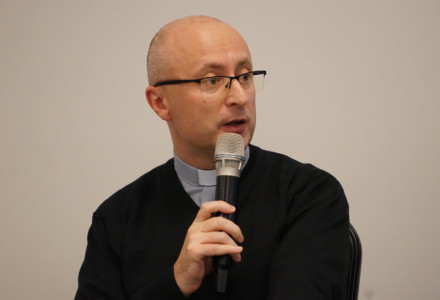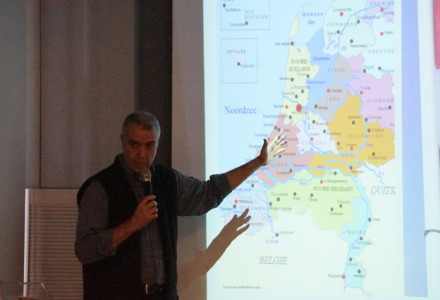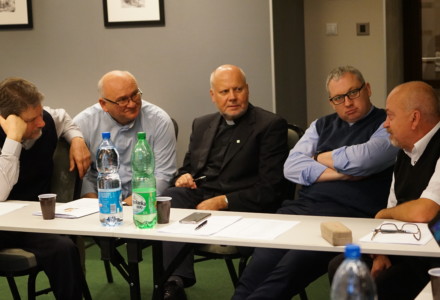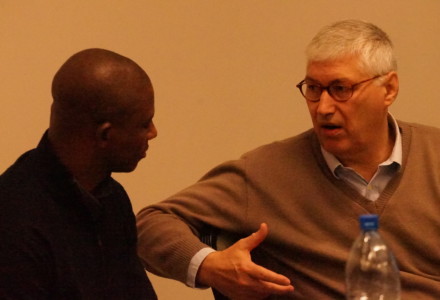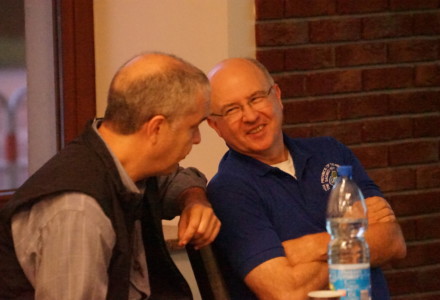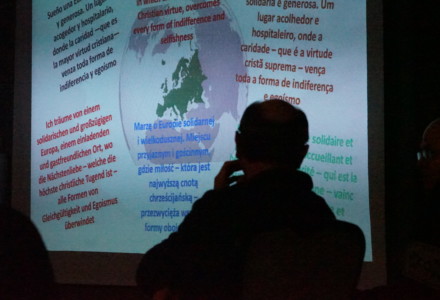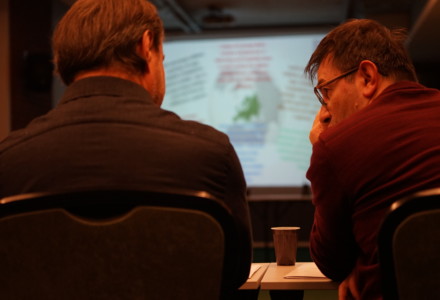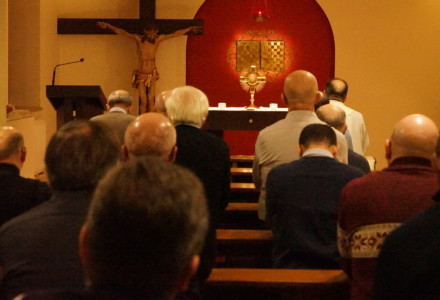Today, the Major Superiors of Europe presented the strengths, weaknesses, and common challenges of the various Dehonian entities.
The work of the meeting of the Major Superiors of Europe was opened with a talk by Fr. Wladyslaw Majkowski, scj on the theme “Challenges for Dehonian and Ecclesial Life Today”. In Europe, according to the speaker, Dehonians should face together at least four new forms of poverty: precariousness, migration, environmental and human ecology, and cultural changes such as, for example, the process of dechristianization, gender ideology, the pandemic and its consequences. How? In his opinion, they should commit themselves wholeheartedly to social solidarity.
Numbers and criticalities
According to the latest statistics, Dehonians in Europe today stand at 725 members and they represent 34.5% of the Congregation.
The various entities and territorial communities today presented their history, the strengths and weaknesses of their presence, and the challenges.
There are two elements of fragility that are common to all of the Dehonian entities of Europe: the progressive and unstoppable aging of its members and the lack of native vocations.
In addition to this, there are problems within the communities such as, for example, resistance to change, the assumption of lifestyles that are not very evangelical, dispersion and pastoral activism, an atmosphere that is not very fraternal and at times very conflictual among the members, the lack of serious planning, weakness in the enthusiastic proclamation of the Gospel.
Finally, the abandonment of religious life by young members raises many questions.
Dedicated to evangelization
But there are not only negative signs. What was surprising in listening to the various reports is that the Major Superiors are grateful and thankful to see the availability and dedication of the majority of the confreres. In spite of resistance, therefore, the spiritual attitude of Ecce Venio, the pillar of the Dehonian charismatic identity, is being lived out in practice.
It is impossible to list the many pastoral activities of the varied mission fields: from the parish, to the young, to the poor, to the university and school worlds, to the world of hospitals, in the midst of the poor, taking the side of the people on the front lines as happens in Belarus and Moldova.
The community spirit in many communities is also a force that generates friendship and support for the commitment to evangelization.
Open to the future
Lastly, there are common challenges in which we need to invest more and to which we have not yet found a common response: revitalizing fraternal life, listening to young people, a convinced openness to internationality, commitment to social issues (job insecurity, the world of work, formation).
An agenda full of themes and perspectives. But it is certainly a path full of unknowns, but one to be traveled with confidence as was the path of Abraham.


